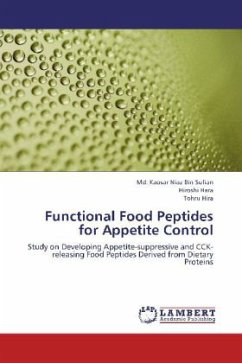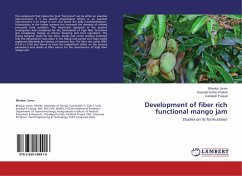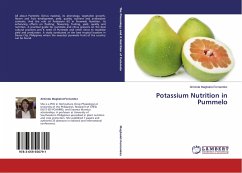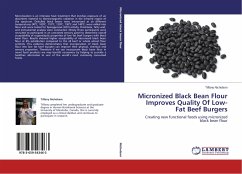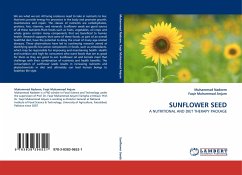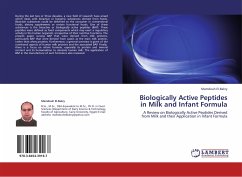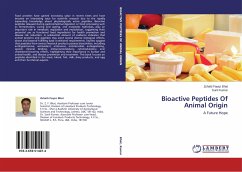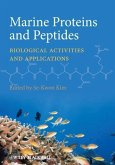The release of so called anti-diabetic, anti-obesity gut hormone cholecystokinin (CCK) from I-cells of the small intestine is stimulated by some food peptides, which in turn suppresses appetite by producing a feeling of satiety. This study investigated appetite-suppressive and CCK-releasing activity in peptides derived from proteins after enzymatic hydrolysis. The stimulatory activity was examined in a murine enteroendocrine cell (EEC) line STC-1 followed by investigating active peptides for appetite-suppression in rats. Among peptones prepared from meat and legumes, pork peptides suppressed appetite correspondingly with binding to rat small intestinal brush-border membrane and by stimulating CCK secretion from the EECs. Peptides in country bean (Dolichos lablab) had the highest stimulation in CCK-secretion. The active peptides are originated from dolicholin a newly identified protein in country bean. Despite low peptide content, brewer s yeast extract with ~14 kDa peptides showed very high CCK-releasing properties. These findings laid ground for elucidation of active peptide structure and understanding molecular mechanism for development of functional food for human consumption.

